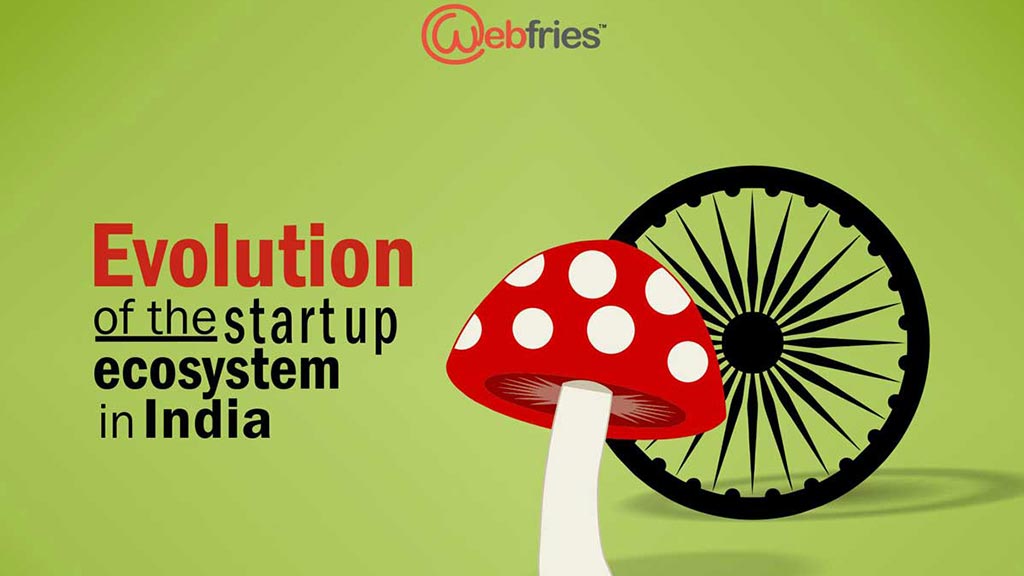The startup ecosystem of India is changing day by day and this evolution has caught the fancy of investors worldwide. Every now and then, a success story like ‘Postman’, Flipkart, etc. finds its way to the first page of the business newspapers. The land holds more promises and this evolution will result in the raising of more giants.
For the evolution of the Indian startup environment, it’s imperative that the top-to-down flow of funds starts too. In the US, top dollar acquisitions are way too common. This lets the capital flow through the full chain – Investors make more money and invest, the more, employees make stock purchase money, and then start on their own, and entrepreneurs turn into serial entrepreneurs.
For this, enough corporations with cash on their balance sheets are needed …allowing them to go for acquisitions. Also, needed is money flowing back through the investment life cycle.
Some actions could already be seen on this front. This and many more indicators point to the fact that the Indian Startup Ecosystem is a fast coming of age and you can really expect it to grow manifolds from here in the coming 3-4 years.
Improved Nutrition:
Laws of physics states that ‘more the initial velocity, more the acceleration process.’ This holds true here too.
Ecosystem enablers viz funding platforms, accelerators, etc have begun to maneuver on from the supporter stage to getting more and more active on the piping hot ideas. They have increasingly started pouring in more money and this will lead to a decrease in the number of steps required for the startup to scale. The lead time for a startup to grow into a company bankable by VCs is, therefore, reducing drastically.
Demand for Increased competence:
The average size of an M&A deal in the Indian scenario is about $11 million, which is just a small fraction as compared to $100 million, which an Israeli M&A deal hits on an average, or the Silicon Valley average of $147 million. Though there is a lot of catching up to be done, the acceleration is surely on the Indian side. Recently, Indian tech startups have made a mark when Facebook roped in LittleEyeLabs and Yahoo acquired Bookpad. As you read this article, Snapdeal and Flipkart are busy doing big acquisitions.
Startup cultures with a Vision:
While hiring, startups are offering Employee Stock Ownership Plans (ESOPs), like Housing.com, Zomato, Myntra, Commonfloor, etc. have done. While Indian startup space is yet to see the true value of ESOPs, there are many who are willing to take the leap of faith. Acceptance of the ESOPs is increasing and it goes to show that Indians are following Silicon Valley and are fast understanding its value. The talented recruits are attracted by the vision of the company rather than just the job profile or compensation.
As the bigger startups are eyeing IPO listing in NASDAQ, more ESOP millionaires are on the cards.
A rise in Local backing:
As a matter of fact, most of the hot Indian startups today are being backed by funds from foreign VCs. However, the Indian giants like Airtel, Mahindra, Wipro, Infosys, etc. are opening up to partner and at a later stage acquire the new ventures. Similarly, the Tech companies are chasing the startups in Big Data and Business intelligence, while the Retail giants are after rising e-commerce ventures like BabyOye, after the success story of Flipkart, Snapdeal.
It is clear that the evolution of the Indian start-up ecosystem is dynamic and is becoming more seasoned with the different players evolving in their corresponding roles. The Indian startups are on a roll.


